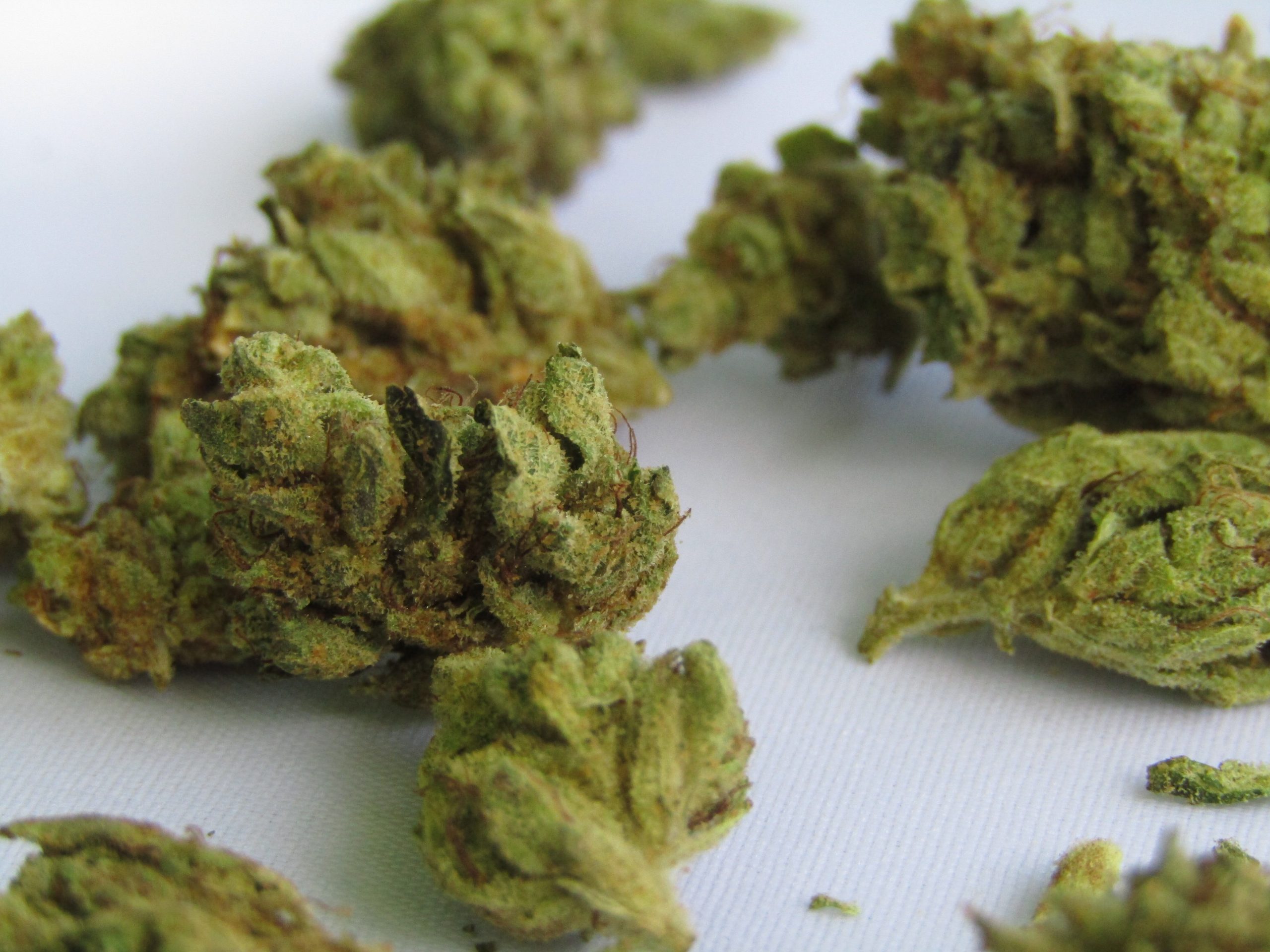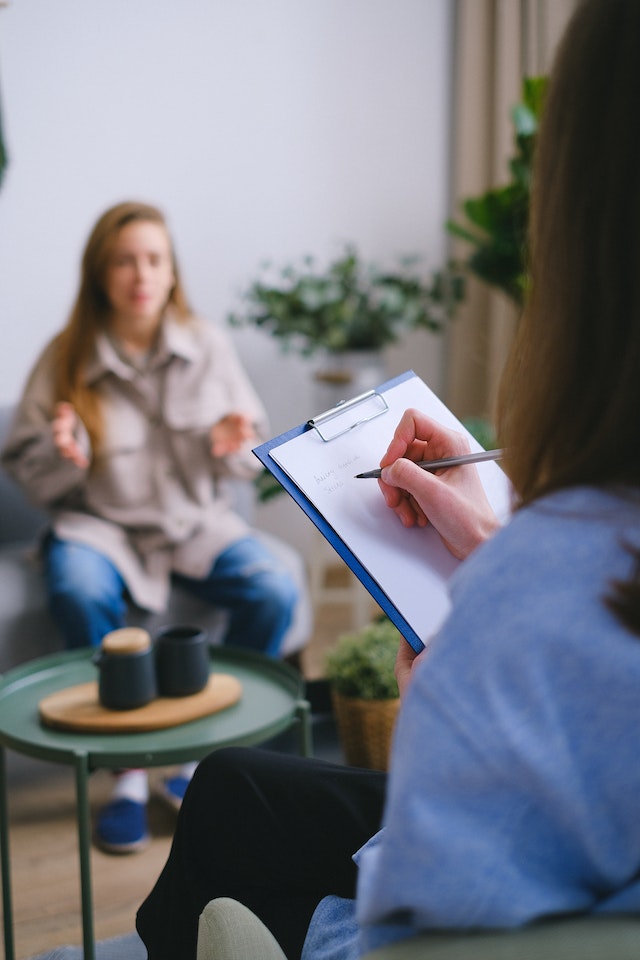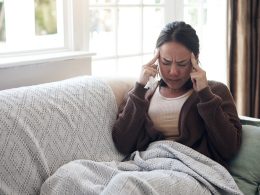Do you suffer from bloating during your period? We’ve all been there. And chances are, you’ve heard of some “miracle” remedies that promise to alleviate the discomfort. One of the most popular is papaya. But does it actually work? In this blog post, we’re going to debunk common period-bloating myths and uncover the truth behind these supposed cures. So sit tight and get ready to learn why papayas may not be as magical as they seem when it comes to easing menstrual bloat!
What Causes Period-Bloating?
There is no single answer to the question of what causes period-bloating. Some women experience bloating due to an increase in fluid retention, while others may be hypersensitive to certain foods or environmental factors. In some cases, there may be a medical reason for the bloating, such as Crohn’s disease or polyps in the uterus. It’s important to speak with your doctor if you’re concerned about your periods and have difficulty managing them, as there can be various treatments available.
The Different Types of Period-Bloating
There are a few types of period-bloating that can occur. Water retention is the most common type, and it can be caused by a number of factors, including:
Water retention can be caused by a number of things, but the two most common causes are bloating due to eating too much protein or carbohydrate, and bloating due to changes in your menstrual cycle.
The first type is often called “food induced” bloating and it happens when you eat foods that contain a lot of proteins or carbohydrates. These foods cause the body to retain water, which then accumulates in your digestive system and your stomach. Over time this can lead to significant swelling.
The second type of period-bloating is called “menstrual cycle related” bloating and it’s usually related to changes in your menstrual cycle. During ovulation, the ovary releases an egg which travels through your bloodstream until it reaches the uterus. This process increases blood flow and can cause fluid retention (particularly around the pelvic region). Some women also experience water retention during their premenstrual phase (the days leading up to their period).
There are a few things you can do to reduce the risk of water retention causing Period-Bloating:
First, try to avoid eating large amounts of high-carbohydrate or protein foods throughout the day. This will help keep your blood sugar levels stable and prevent excess storage of water in your body.
How to Reduce Period-Bloating Symptoms
period-bloating is a common problem that often affects women during their periods. It’s caused by excess fluid retention, and can make you feel bloated, uncomfortable, and even sick. There are a number of things you can do to reduce period-bloating symptoms.
First, try to eat a balanced diet that includes plenty of fruits and vegetables. These foods are full of fiber and water content, which helps to keep your body hydrated.
Second, drink plenty of water throughout the day. This will help flush out excess fluid from your body and relieve some of the symptoms of period-bloating.
And finally, stay comfortable and avoid any heavy lifting or strenuous activity during your period. This will help reduce the amount of extra fluid that is retained in your body.
The Top 5 Period-Bloat Remedies
1. Eat more fiber
This is the most commonly recommended period-bloat remedy, and for good reason: fiber can help regulate bowel movements and prevent constipation. In addition to eating foods high in fiber, consider taking supplements like Metamucil or Citrulline Malate (both available over the counter).
2. Drink lots of water
Drinking plenty of water can help flush out your system and reduce swelling. Make sure to drink plenty of fluids throughout the day, not just before your period.
3. Take ibuprofen or acetaminophen
These over-the-counter medications can help relieve pain and inflammation, two common symptoms of period-bloat. Note that these medications may also cause drowsiness so avoid driving or operating heavy machinery while taking them.
4. Try a commercial remedy
If you don’t feel comfortable trying any of the above remedies, there are often commercially available solutions available on the market such as pads or tampons that are designed to reduce swelling and pain. However, make sure to read the label carefully before using them, as some products may contain ingredients that could aggravate your condition further.
5. See a doctor
If none of the above work for you, see your doctor for further advice on how to treat your period-bloat condition.
Conclusion
It’s no secret that some women suffer from period-related bloating. From dietary culprits to common over the counter remedies, there are a ton of tips and tricks out there to help with this unwelcome problem. In this article, we’re going to debunk four of the most popular period-bloating myths and show you how to identify and avoid potential bloating culprits. Hopefully, after reading this you’ll be better equipped to deal with your period woes and free from any unwanted belly bulges!










